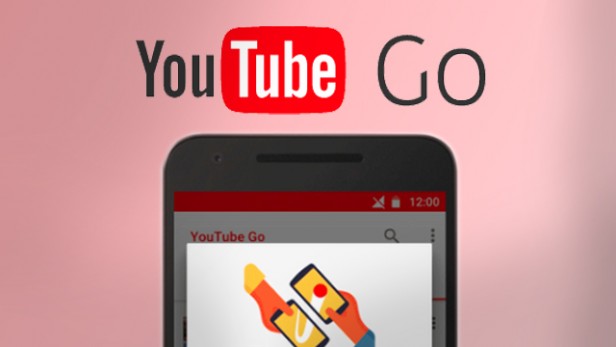Google’s CEO, Sundar Pichai,who was in Nigeria this week, has launched a new product that could change video streaming in Nigeria forever: the YouTube Go.
YouTube Go app, which was also launched last April in India, allows users with very slow internet connectivity to download YouTube videos, which they could watch offline. It also allows users to get ‘super low bandwidth’preview of videos they intend to download.
This helps a user to manage data. It tells users how much data they have left before downloading videos and helps users save data by adjusting the quality of downloads, as well. It even allows users share videos with people within certain perimeters without internet connectivity.
Now, anyone interested in viewing YouTube videos needs not worry about data anymore.
Advertisement
Its benefits are tremendous. Nigeria’s burgeoning Nollywood film industry would gain more viewers, especially in rural areas. The benefits extend beyond Nollywood. Government could also use this platform to pass videos on agriculture and healthcare to rural dwellers.
Of course, there is more in this for Google than just altruism.
With this app, Google will make YouTube very popular and will keep dishing advertisements, with virtually no internet to provide it. It will be good for Google’s business.
Advertisement
Surprisingly, despite the relatively high cost of data in Nigeria, many telcos blame their lack of profitability on their low margins from the sale of data. Expectedly, some are championing a data price floor – a lower limit that no telco can charge below for data.
Unfortunately for these telcos, with Google’s new app, consumers will be able to better manage their data. This would drive down the price and demand for data. It will also give YouTube – which is already a behemoth and lovely platform — a secured and monopolistic position in theadvertising industry in Nigeria.
This is not good for advertising in Nigeria and for the telecommunication industry, which already has its revenues from text messaging eaten into by WhatsApp and the revenue from voice calls being reduced drastically by platforms such as Skype, WhatsApp and Facebook. (Today, over 30 billion WhatsApp messages are sent daily.)
Though this may sound likegood news to consumers, it has some other implications. Suppose revenues and profits from telcos which is currently the platform services like WhatsApp operate gets suffocated by current realities, the impact on Nigeria’s economy in terms of GDP would be enormous.
Advertisement
Currently, these telcos contribute 10 percent of Nigeria’ GDP. They also employ millions of people directly and indirectly. Should any major one go under, Nigeria’s economy would feel the impact.
Lots of billions flow through platforms operated by telcos and these companies need tap into this money to survive. (Telcos need to survive before thinking about providing faster internet videos than what Google would be providing through its YouTube Go).
In 2016, for example, it was estimated that for every dollar spent on online advertising, 85 cents went to Google and Facebook. Thus, telcos need to partner with developers and platforms – such as the media which has had its revenue eaten into by Facebook— in order to begin delivering services that they could monetize via advertising.
Such partnership and income from advertisements would allow telcos to offer free internet services to rural dwellers. It is revenue from advertisements that allows Facebook offer free internet, in the name of Free Basic.
Advertisement
We are in an era of competition and telcos will have to up their game. Meanwhile, enjoy YouTube Go!
Advertisement







